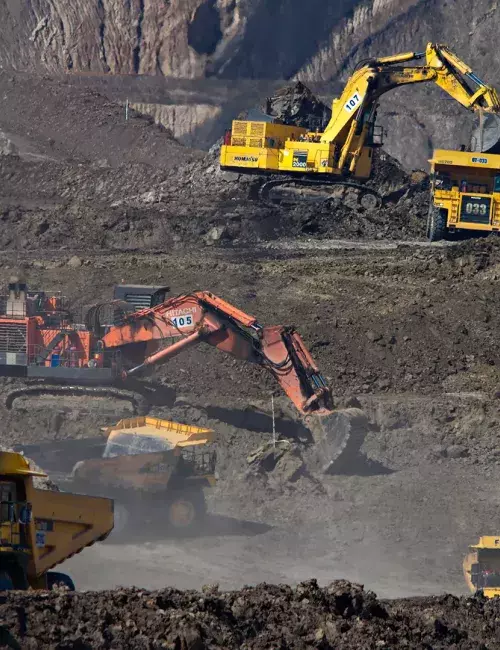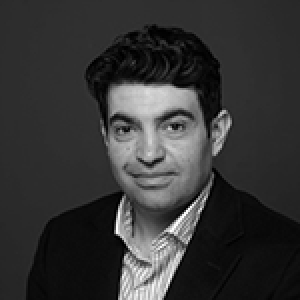Sustainable future of commodities & infrastructure
Overview
Our programme on the sustainable future of commodities & infrastructure (OxSFOCI) supports the transition of capital-intensive industries such as mining, oil and gas, infrastructure and construction to environmentally sustainable production.
Capital-intensive industries are often associated with negative environmental impacts, such as pollution and greenhouse gas emissions. The challenge of providing basic infrastructure such as housing, clean water, electricity, transport, or waste disposal while reducing the environmental impacts of these assets calls for a transformation in infrastructure provision.
We aim to:
- Provide guidance to manage the environmental impacts of capital-intensive industries
- Develop recommendations to improve management practice and policymaking in the transition to net zero emissions, without compromising the local environment
- Build and share datasets to encourage further research on how technology, policy, and management can improve environmental performance and economic outcomes in capital-intensive industries
- Connect people and ideas by mentoring and supervising doctoral candidates, supporting visiting academics and business fellows, and international collaborations.
Pilot studies
- Can remote sensing technologies measure and compare the environmental credentials of capital-intensive assets? We are building a dataset of the environmental and economic features of the world's copper smelters.
- Can remote sensing technologies predict and prevent catastrophes in large-scale infrastructure? Our work investigates how technology could predict the collapse of dams at mine sites.
- Which technologies improve the performance of large-scale assets to reduce environmental impacts and create economic benefits? What explains how some technologies enhance the business and environmental performance of organisations, but others do not?
- Which government policies promote better environmental and social practices in capital-intensive enterprises?
- What technologies can scale-up fixed assets to create broader benefits while fairly balancing competing factors, for example, cost, safety, time, the environment, equitable access, impact on communities?
- Capital intensive industries face the threat of technological disruption, with companies substituting physical assets with technological investments to up-scale. Are these innovations forerunners of longer-term change or temporary fads?
- How can the world's outgoing fixed assets be dismantled and replaced, while limiting environmental impacts and feeding into a circular economy? Will new technologies and financial capital open capital-intensive industries to radical new players?
Our research generates datasets using a combination of remote-sensing, web data extraction, open APIs, additional hand-labelled features, and machine learning techniques to provide resources for other research teams to build on.
- Adam Parr | Doctoral Student
External contributors
Collaborators
- Chris Arderne | Geospatial Data Scientist
- Ivana Barisin | Research Collaborator
- Dr Simon Jackman | Senior Innovation Fellow
Business Fellows
- Dr Guy Wolf | Global Head of Market Analytics, Marex Spectron Group
- Ian Lowitt | CEO of Marex Spectron Group
Partners
- Marex Spectron is a commodity broker covering metals, agricultural and energy products.
- The Satellite Applications Catapult helps organisations to harness the power of satellite-based services.
- Earth-I supplies high-resolution image data services from satellites.
- Kumi Analytics focuses on earth observation analytics for the financial services industry.




